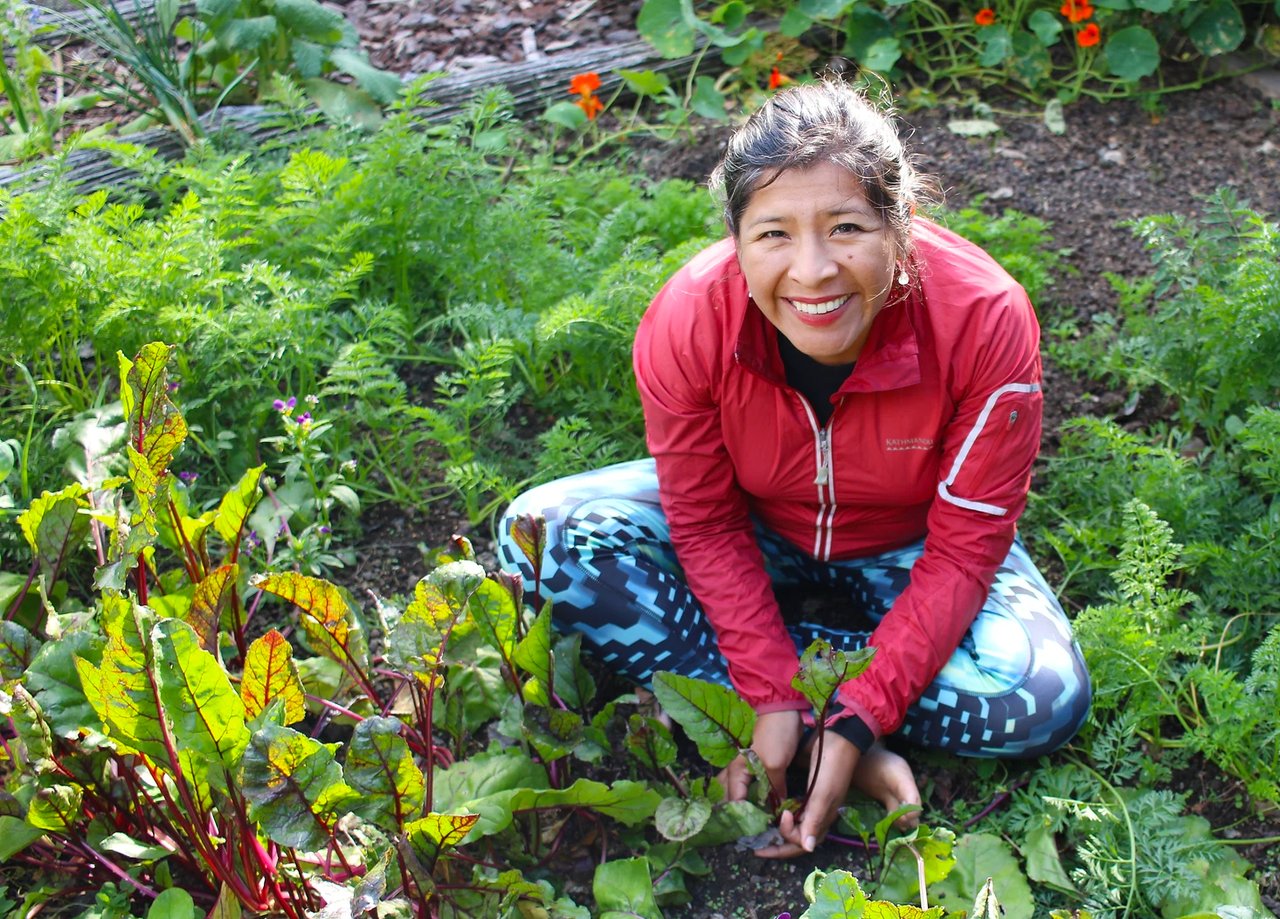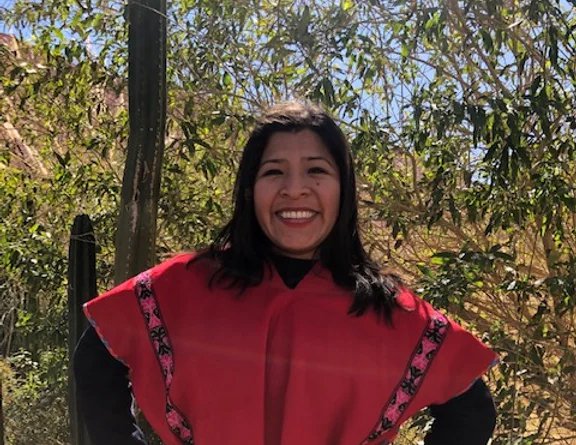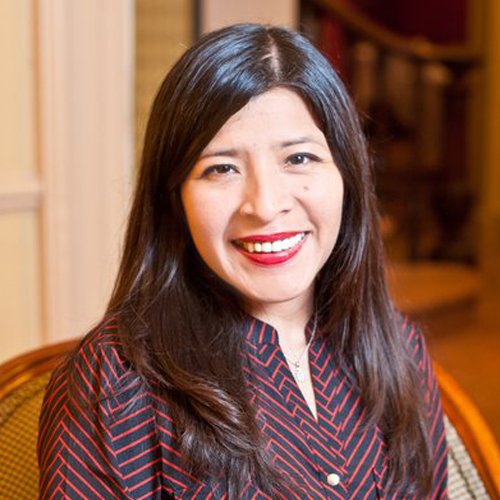Mariaelena Huambachano Wins Book Award

Mariaelena Huambachano, an Indigenous scholar and assistant professor in the College of Arts and Sciences, recently received the Best Food & Indigenous People Book in the World 2024 award from Gourmand International for her book, Recovering Our Ancestral Foodways: Indigenous Traditions as a Recipe for Living Well. Founded in 1995 by Edouard Cointreau, the Gourmand World Cookbook Awards honor the best food and wine books, as well as food television, each year.
Based on over ten years of fieldwork in Peru and Aotearoa New Zealand, Recovering Our Ancestral Foodways explores how Quechua and Māori peoples think about and work toward well‑being through the lens of their eating habits and culinary practices. By analyzing how these two Indigenous communities use their collective cultural knowledge to promote sustainable food systems, physical and spiritual well‑being and community health, Huambachano puts forth a powerful philosophy of food sovereignty called the Chakana/Māhutonga, offering a foundation for understanding the practices and policies needed to transform the global food system to nourish the world and preserve the Earth.
Huambachano has even shared her research at the United Nations, giving three talks during the 11-day United Nations Convention to Combat Desertification in 2024.
Published: July 24, 2025
Media Contact: asnews@syr.edu


